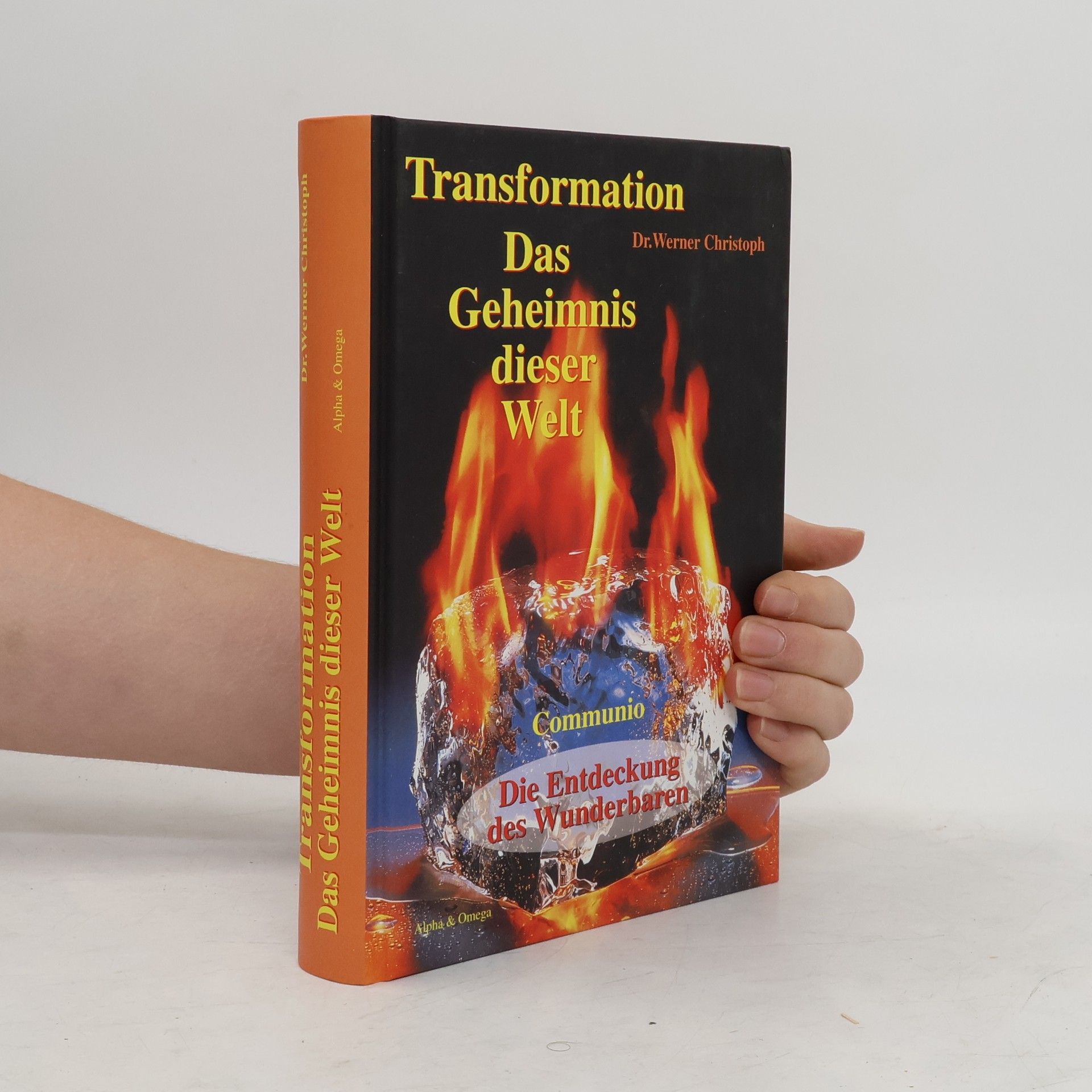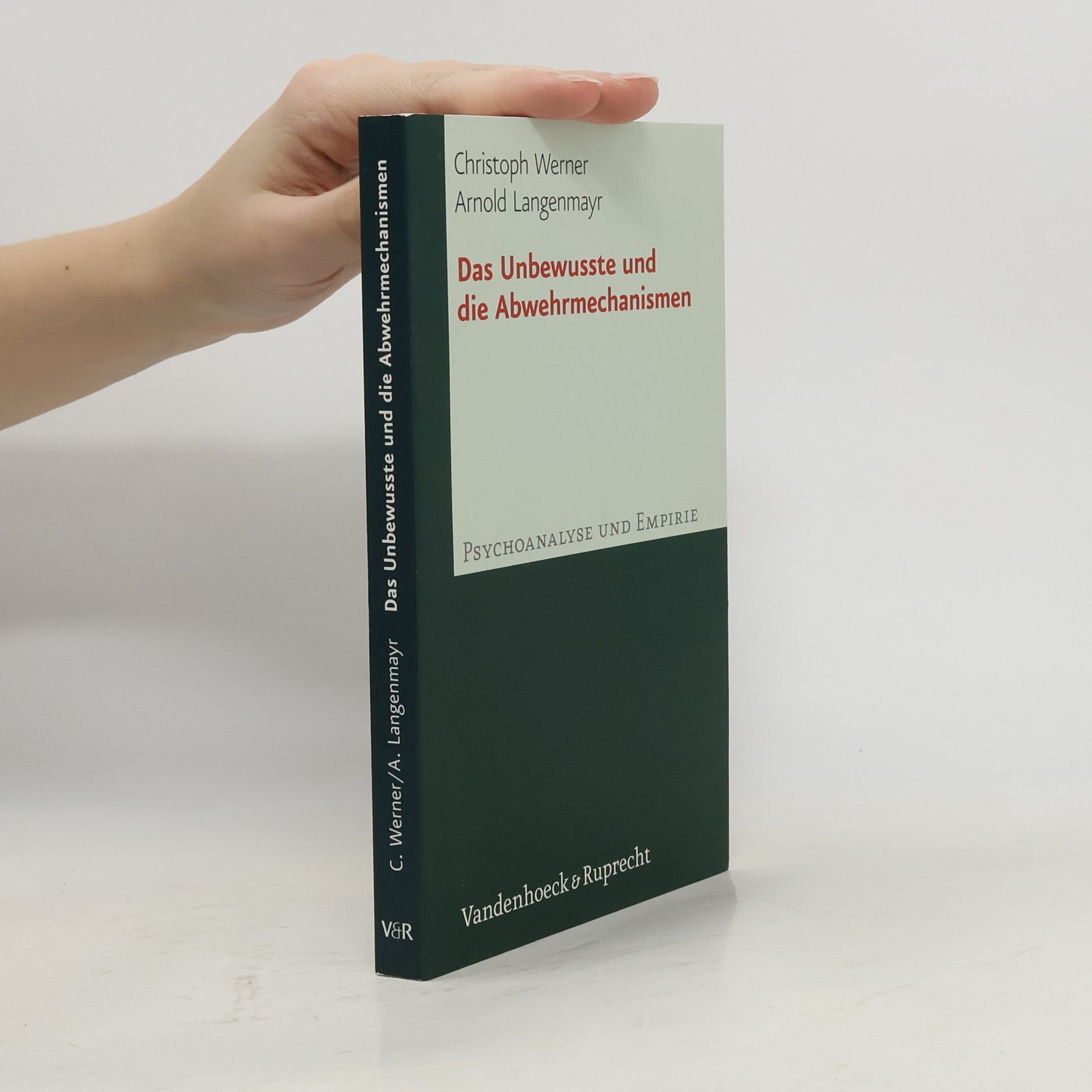TO LIVE IN ALL ETERNITY
Caspar David Friedrich and Joseph Mallord William Turner
Caspar David Friedrich's dark, melancholic view of life and Joseph Mallord William Turner's full-blooded engagement with the world around him characterize this novel. Despite the contrast between them, these two romantic painters are connected by the uniqueness of their art. Friedrich's works became part of an existential awareness of life, Turner with his powerful use of light and colour paved the way for a new impressionistic art form. The novel lets the reader experience an encounter of intimate distance between the two painters and opens the world of their images, their motives and their times.




